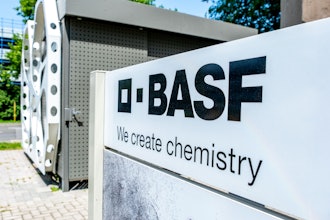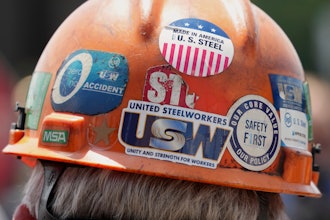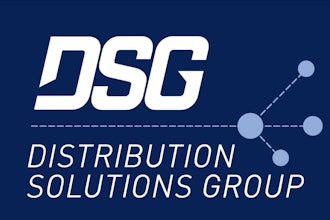
Have you ever stopped to realize how much technology has evolved over the past ten to fifteen years? Think back: it wasn’t too long ago that the cutting edge of technology was a flip phone with a two megapixel camera on it. In the world of project management, technology is a great thing. It makes staying on top of a big project a lot easier than it used to be. However, it can have its drawbacks (just ask Denver International Airport, but more on that later).
Let’s start out with the ways that new technology can actually help you instead of hurt you:
- Oh, my computer just crashed! We’ve all been there. You finally got in to a nice groove and you’re busting out all your work, when the computer just stops working. There’s nothing you can do but reboot the whole system, leaving it up to fate whether or not any of your data is saved. That doesn’t have to happen today. With the cloud, all of your work is backed up on a schedule that you determine. You can set up your system to save work on a consistent, repetitive basis, so that you can move past a computer freeze with ease.
- Paper Calendar, What’s That? I have to be honest with you, I’m too young to ever recall using pen and paper to plan out a project. In school, I was taught Microsoft Project for all my project management needs. I’m going to take wager, though, that it is significantly more organized than keeping track of it on paper. Keeping track of budgets, hours, milestones, deadlines, parts, workers, and more can be a struggle. That’s a lot of data to organize. There are plenty of project management programs out there that you can help any project go smoother.
- Let Me Know ASAP. When something goes off track and the project manager needs to be notified right away, then new technology is your best friend. Let’s go over a few ways you can get a hold of someone nowadays: call, text, Skype, Facetime, Facebook, Twitter, Instagram, LinkedIn – you name it, there’s an app for that. There are so many platforms with which to communicate now that any previous communication issues can be avoided when using the right tool.
It’s not all good though. Sometimes technology can be unproven and untested. Actually, a lot of times technology can be unproven and untested. This is the first thing that you should be wary of on all projects: you need the right tool, not all of them.
I’m going to bring it back to my earlier reference concerning the Denver International Airport (DIA). For those unfamiliar with this story, it’s worth taking a look at to learn from some mistakes, this time a major one caused because DIA took a huge risk on new technology.
The problem came when DIA was building a new baggage system for United Airlines. The system was far ahead of its time and was supposed to be 100 times more efficient and effective. It was going to cut down the turnaround time on United flights by a significant amount. Needless to say, airlines were excited about this. The system involved lots of conveyor belts, scanning systems, and brand new software for tons of computers. However, the technology had never been implemented and cost a ton of money, so it was a risk.
To make a long story short, the baggage system had so many problems that the maintenance costs were in the millions and the actual building costs were more. The system would damage, lose, and rarely get bags to where they needed to go. It was a simple case of technology gone wrong, specifically project technology gone wrong. In an effort to make something faster and more efficient, the target was missed competely.
The question becomes, is technology our friend? On one side, we have software and programs that make managing a project so much easier than it has in the past. On the flip side, getting too ambitious with new technology for the project itself can be management suicide. I’m inclined to say that the good outweighs the bad, and mangers should constantly strive to improve processes in their day to day work using the tools available to them in this technologically driven business world. What are your thoughts? Comment below!
As a graduate of the Eller College of Management at the University of Arizona, Scott is interested in all things business. During his time at the U of A, multiple projects were handled under Scott’s supervision, all of which used professional planning tools. You can reach him at [email protected].






















